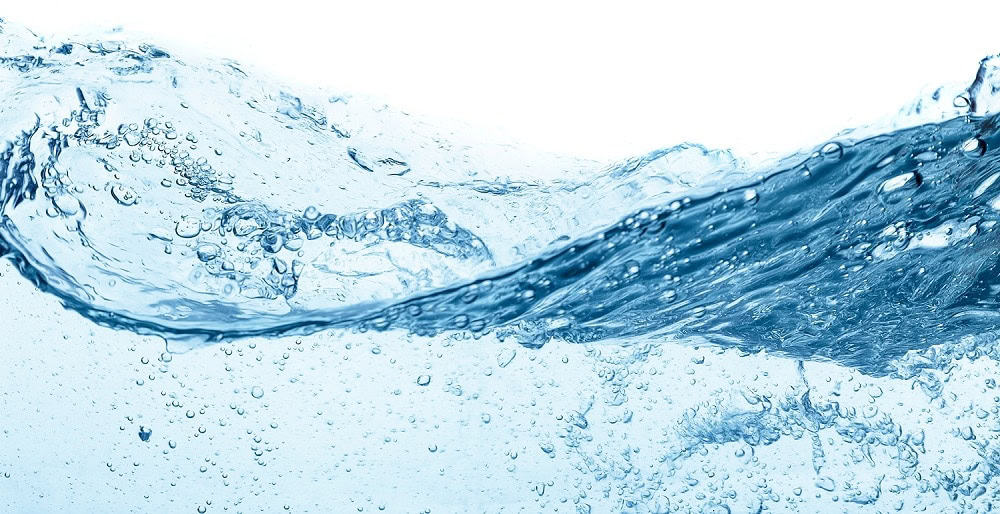You’ve probably heard the terms hard water and soft water before, but you may not have known exactly what those terms meant. However, the hardness or softness of water is important because it can carry some characteristics that can impact industrial processes and have health consequences as well. While hard or soft water can be a passing concern for homeowners, it can be a significant factor in manufacturing, where the mineral content in water can impact your products and processes. That’s one reason that industrial testing labs provide water tests for manufacturing facilities.
Industrial testing of water sources is the first step, but it’s also important to understand the nature of each type of water, how it can impact processes, and how it can be remediated to the desired hardness. Keep reading to learn more about hard water and soft water and how the two water types compare.
What Is Hard Water?
Hard water is water that has a high mineral content that usually includes magnesium, calcium, and iron. It’s preferred by many for drinking water, and because of its richness in vital minerals, it can improve health and assist with cardiovascular function. However, that same mineral content represents the biggest strike against hard water, as those minerals can precipitate out and corrode or deteriorate plumbing and appliances. Hard water can be remediated or softened by passing it through a water softening system that alters the charge of ions in the water.
How Does it Impact Industrial Uses?
Hard water isn’t suitable for most industrial purposes, and that spans many fields of manufacturing. Because of its rich mineral content, it’s more difficult to create solutions with hard water since substances won’t dissolve in it as readily. Hard water can also impact raw materials in an adverse way. For example, hard water makes cloth feel stiff and scratchy, making it inappropriate for the textile industry. Hard water can also cause damage to expensive industrial equipment and plumbing, since it results in scale that leads to corrosion and deterioration of metals. Scale can also cause blockages in even nonmetallic plumbing, which can be problematic in industrial endeavors. For example, if the mineral deposits impede the flow of coolant in an industrial chiller, the temperature could rise to a damaging or dangerous point.
What Is Soft Water?
Soft water is water that is largely devoid of mineral content. All rainwater falls as soft water, and it only becomes hard after percolating through the ground and bedrock, where it picks up mineral content. It has an extremely low concentration of ions, which makes it readily able to accept minerals into solution. It can have an adverse impact on health due to the lack of beneficial minerals such as calcium and magnesium, but there is no precipitation of minerals into plumbing or other surfaces that come into contact with it.

How Does It Impact Industrial Uses?
When it comes to industrial usage, soft water is the preferred water type because it provides a blank canvas that can be easily amended. It can be used to create solutions easily and doesn’t carry many of the adverse impacts on raw materials, such as textiles, that are experienced with hard water. The lack of mineral content in soft water means that it won’t damage plumbing and equipment like hard water will, which makes it a clear choice in an industrial or manufacturing environment. The primary knock against soft water pertains to its adverse impact on human health due to mineral deficiency. However, when used in food product manufacturing, soft water can be precisely and easily amended to offset that lack of minerals, thus negating that concern.
It’s important to have your water source tested before using it in an industrial setting, since hard water can adversely affect your processes and products. To learn more about hard water and soft water and how they can impact industries, contact Environmental Testing and Research Laboratories at (800) 344-9977.

